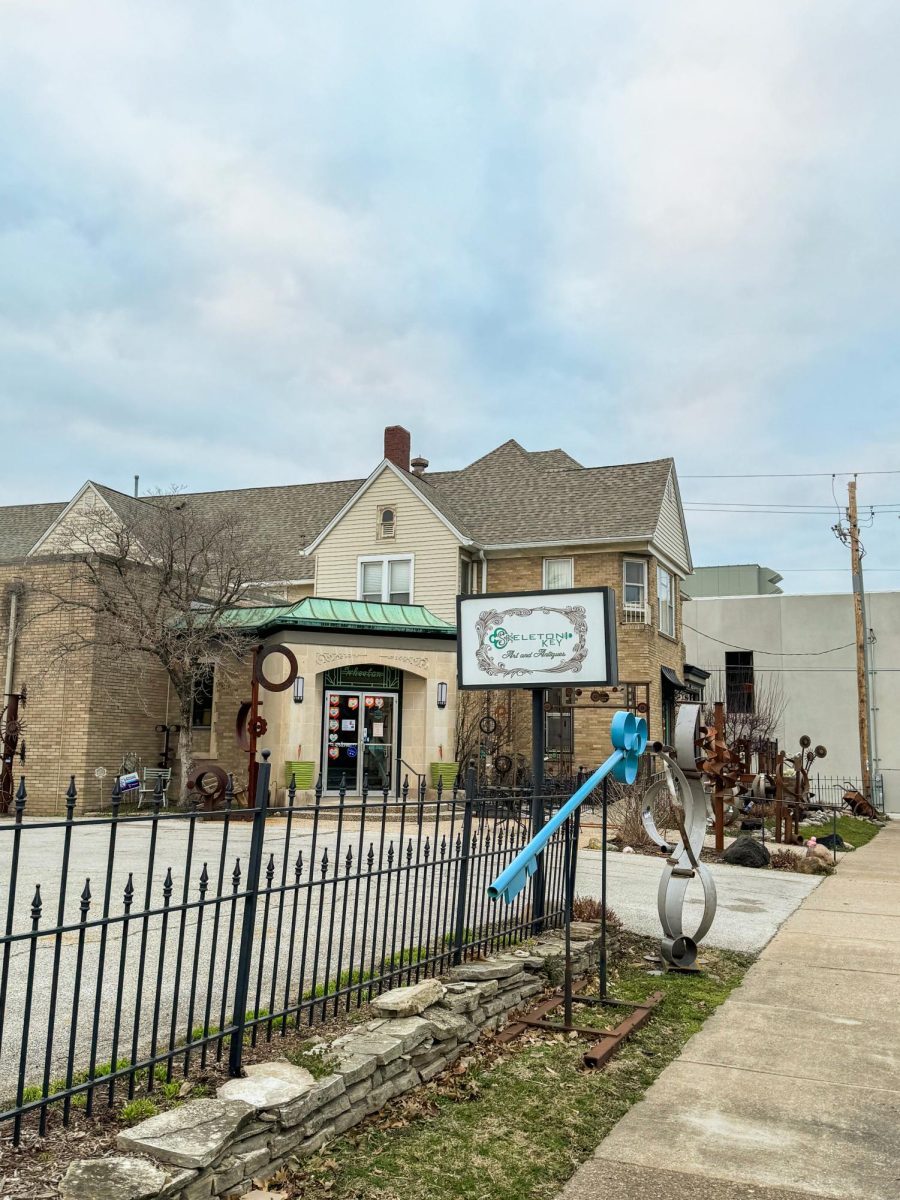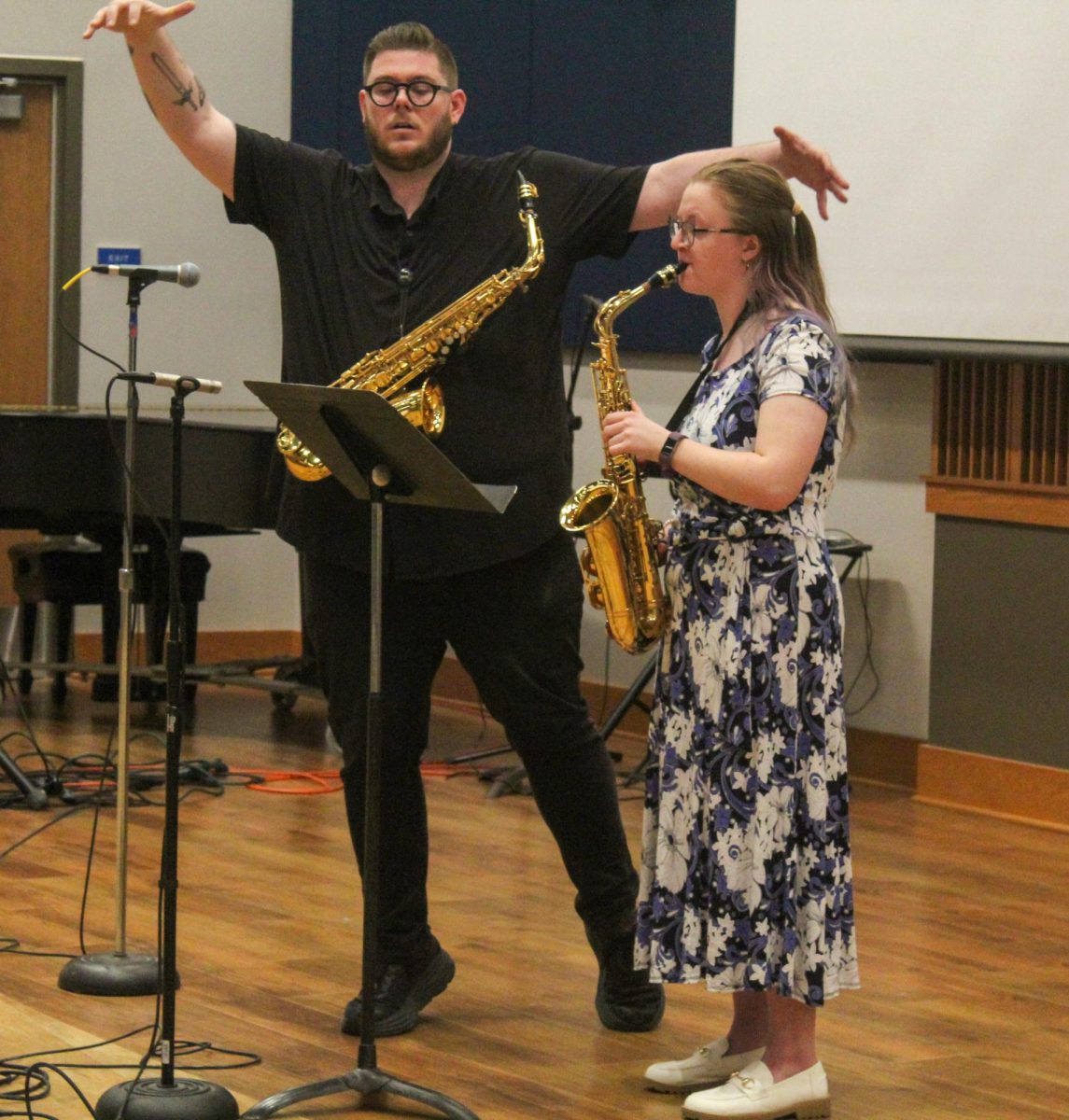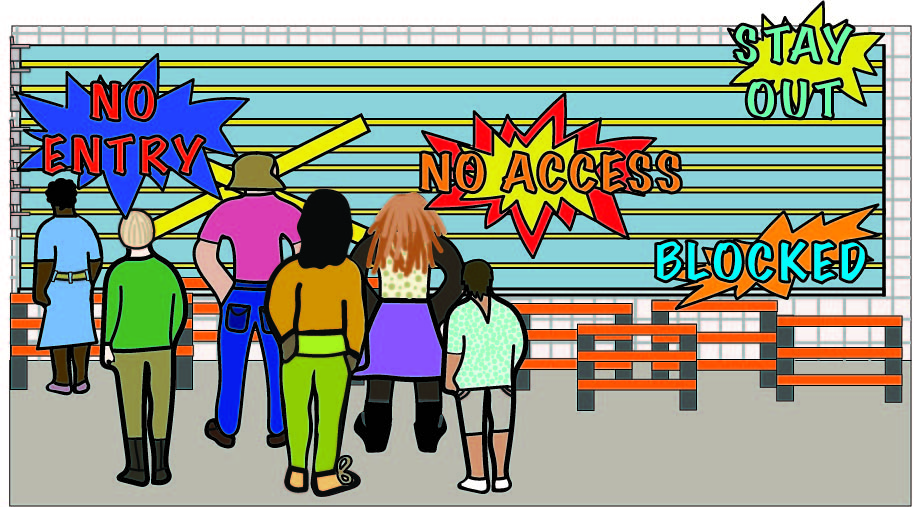On Thursday, Oct. 10, Beto O’Rourke, a Democratic presidential candidate, boldly claimed that religious institutions should lose their tax-exemptions if they do not support same-sex marriages. While indirectly forcing tolerance in religious institutions may cause some short term contempt, the long term benefits reap a better trade-off – a tolerance boost.
While churches who don’t support same-sex marriage won’t change their stances overnight, indirectly enforcing tolerance could help the public opinion slightly shift over time.
The Hill reported that Pete Buttigieg, an LGBT Democratic candidate, disagreed with O’Rourke because he believed this would cause a stronger divide. However, that is simply not true. Frankly, it is a rash conclusion to assume enforcing tolerance will create polarization, when it indeed does the complete opposite. This has even been seen before in American history.
Throughout American history, in order for public opinion to change, policy had to change first. This was similarly seen with the public opinion on the civil rights movement.
When considering the Civil Rights movement, it is obvious the Civil Rights activists who fought for change greatly stirred politics that still impact us today. However, these activists were a vocal minority.
According to the Gallup Polls about public opinion throughout the ‘60s, the majority of Americans disagreed with how the civil rights movement was approached. It wasn’t until the ‘80s and ‘90s that the public felt the positive changes of the Civil Rights movement, according to the Cornell Research Center.
In relation to O’Rourke, the Civil Rights movement shifting opinion shows that policy has a strong influence on the way public opinion changes.
Not only that, but it’s important to consider the amount of children in religious institutions who are constantly indoctrinated into their parents’ religion at a young age. Children are highly impressionable; religious institutions, knowingly or unknowingly, have a strong impact on how the children who attend their institutions view their own religious beliefs once grown up.
Essentially, increasing tolerance will help show young minds that tolerating LGBT people is the humane thing to do, whether the adults in these religious institutions believe in LGBT rights or not. And that is exactly what these tax-exempt losses would do – increase tolerance without actually forcing beliefs. I doubt the adults in these institutions will change their minds overnight, if at all, but if the generations after them can have a better chance at being tolerant, it’s worth a shot.
Additionally, religion, specifically Christianity, has been notorious for using the Bible to justify harmful intolerance. In the Catholic church, it wasn’t until the 1600’s under Pope Innocent XI that the Bible was assumed to condemn abortion.
There were also Christians who used the Bible to condemn slavery, but prominent Christians such as De Bow, also interpreted the Bible to support slavery during the 1800’s. Whereas currently, abortion has slowly became more acceptable and slavery is unanimously believed to be wrong.
Similarly, today intolerant Christians use the Bible as a means to deny same-sex couples from marrying in their church.
While it is pretty ubiquitous that LGBT people deserve equal rights, disagreers of O’Rourke’s stance, such as Buttigieg, argue the constitutionality of revoking tax-exemptions. However, since the Constitution was meant to be ambiguous, it doesn’t directly violate the First Amendment right to freedom of religion.
Even if O’Rourke’s stance wasn’t constitutional, does this mean it’s morally justified to deny same-sex couples their right to marry in any religious institution that they please? Simply put, it’s morally wrong to continue to allow these institutions to harm the rights of the LGBT community.
Overall, O’Rourke’s stance on revoking tax-exemptions to intolerant religious institutions is a step towards improving equality in America.
It may not be a popular approach, but it is definitely better than letting anti-LGBT religious institutions continue harming human rights without any repercussions for it.


















































































































